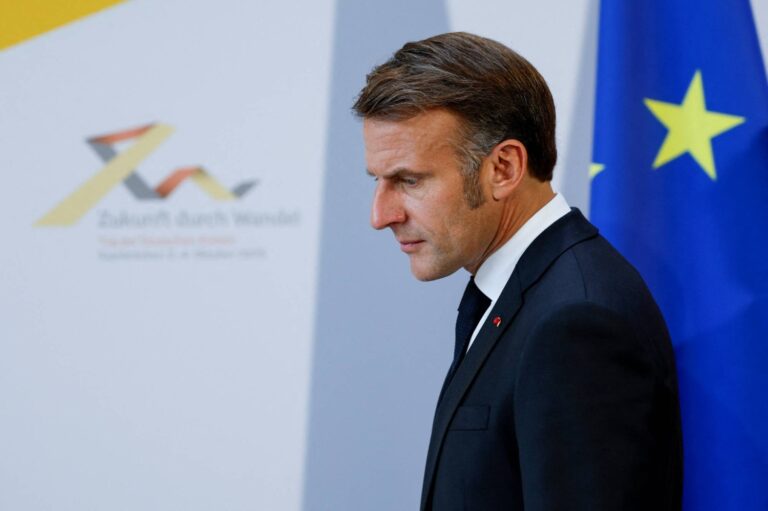
Ouattara’s fourth presidential term has been officially confirmed, with the 83-year-old president of Côte d’Ivoire announcing his decision to contest the October election. His declaration has stirred both support and criticism as the West African nation prepares for a tense political season. Many Ivorians are watching closely to see how the campaign will shape the country’s future.
Alassane Ouattara addressed his supporters during a national broadcast and explained that he believes he still has more to contribute. He emphasized that his leadership remains crucial for stability and development. Supporters cheered the announcement and praised his record on infrastructure, education, and economic reforms. Critics, however, warned that the decision risks extending political divisions and undermining democratic renewal.
This will be Ouattara’s fourth bid for the presidency. He has led Côte d’Ivoire since 2011, after a post-election crisis that shook the country. His government points to progress in rebuilding the economy, restoring peace, and strengthening regional ties. However, opposition leaders argue that staying in power for so long goes against the spirit of democratic transition.
Ouattara’s fourth presidential term announcement came after weeks of speculation. Many political observers had debated whether the president would step aside for a younger candidate. His decision now sets the stage for a highly contested election, with rival parties already mobilizing their supporters. Some fear the move may intensify tensions in a nation that has experienced election-related unrest in the past.
Supporters of the ruling party insist that Ouattara’s leadership remains necessary. They highlight his experience in managing national unity and economic growth. Farmers, business leaders, and public sector workers have credited his policies with boosting incomes and reducing poverty. They argue that continuity in leadership is vital as the country faces global economic pressures.
Opponents strongly disagree. Several opposition figures accused the government of trying to hold onto power indefinitely. They called on Ivorians to push for democratic reforms and ensure a free and fair election. Civil society groups also voiced concerns that extending his rule could weaken institutions and concentrate power further in the presidency.
The electoral commission confirmed preparations are underway to ensure a transparent vote. Voter registration drives have been launched, and security forces are being deployed to prevent violence. International observers are expected to monitor the polls, and regional organizations have pledged support to promote peace during the election season.
Young people are expected to play a decisive role in the election. Many are demanding more job opportunities, better education, and stronger healthcare services. Activists stressed that their votes could determine whether the country continues under the same leadership or embraces change. Social media campaigns are already shaping debates and mobilizing youth participation.
Regional analysts noted that the decision could have broader implications for West Africa. Similar debates over extended presidencies have taken place in other countries, fueling protests and unrest. Côte d’Ivoire’s stability is seen as crucial for the region’s economic and political balance, making the election outcome significant beyond its borders.
In conclusion, Ouattara’s fourth presidential term bid has opened a new chapter in Côte d’Ivoire’s political history. The president insists his leadership is needed to safeguard stability and progress, while opponents see it as a challenge to democracy. The coming weeks will determine how Ivorians respond, and whether the country chooses continuity or change.

